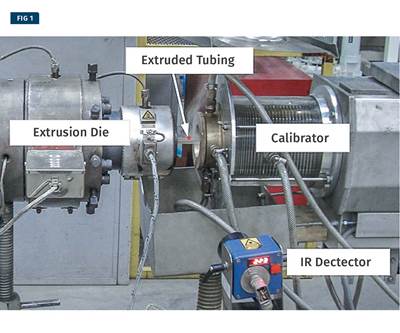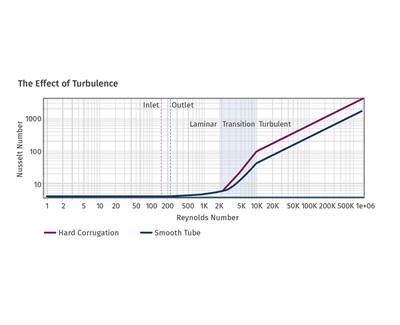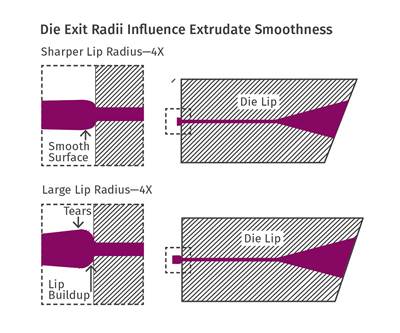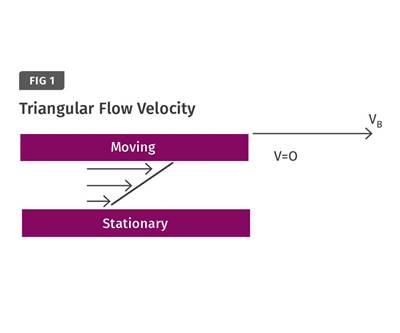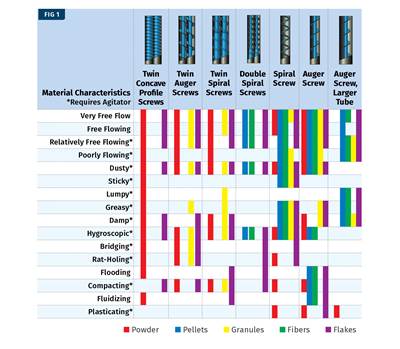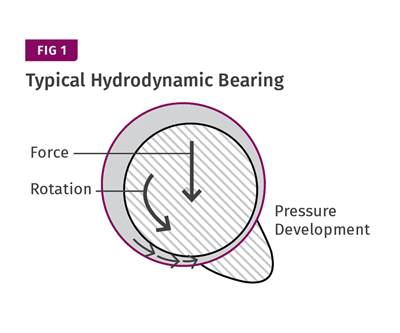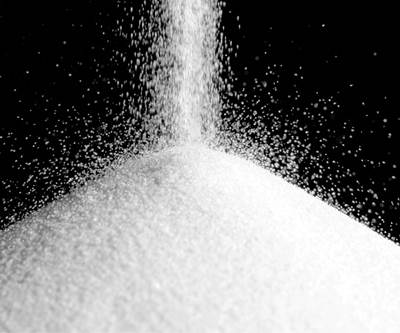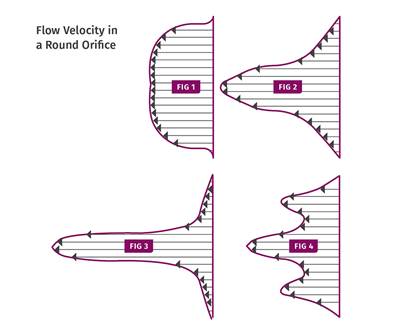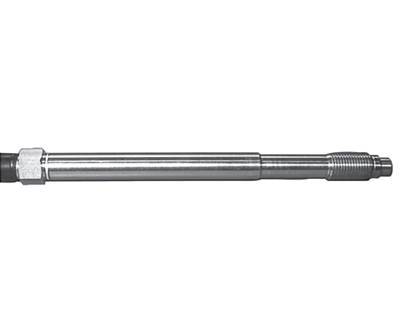Extrusion Know How
How to Collect and Interpret Extrusion Process Data; Part 3
In this final installment, learn how process data can be used to identify and fix extrusion issues.
Read MoreExtrusion Cooling: It’s All About Turbulence
Regardless of what you are extruding, in order to maximize cooling you need to generate turbulence at the heat-exchange surface.
Read MoreSharper Dies Make for Smoother Extrusions
Dies that have a radius at the exit will result in poorer surface finish.
Read MoreSizing the Barrier Gap
Here’s a less complex way to properly size the barrier gap for barrier screws.
Read MoreOptimize Feeding to Get More Money in Twin-Screw Compounding
Follow these practical examples to improve the feeding efficiency and productivity of your process.
Read MoreHow ‘Hydro Wedges’ Reduce Screw Wear
Using them only in the melting section provides for greater design freedom and negates the impact these devices can have on output and melt temperature.
Read MoreExtruding with Fillers
You can use the reference point from processing unfilled polymer to determine whether you can run filled resin on your current system.
Read MoreDon’t Build In Melt-Temperature Variations
It’s not unusual for polymer to exit the extruder with a uniform melt temperature, only to be fouled up by downstream flow pipes and the like. Here’s how to avoid this.
Read MoreHow to Collect & Interpret Process Data in Extrusion
The first installment of this three-part series focuses on proper use of a data- acquisition system.
Read MoreHow to Collect & Interpret Process Data in Extrusion: Part 1
The first installment of this three-part series focuses on proper use of a data- acquisition system.
Read More